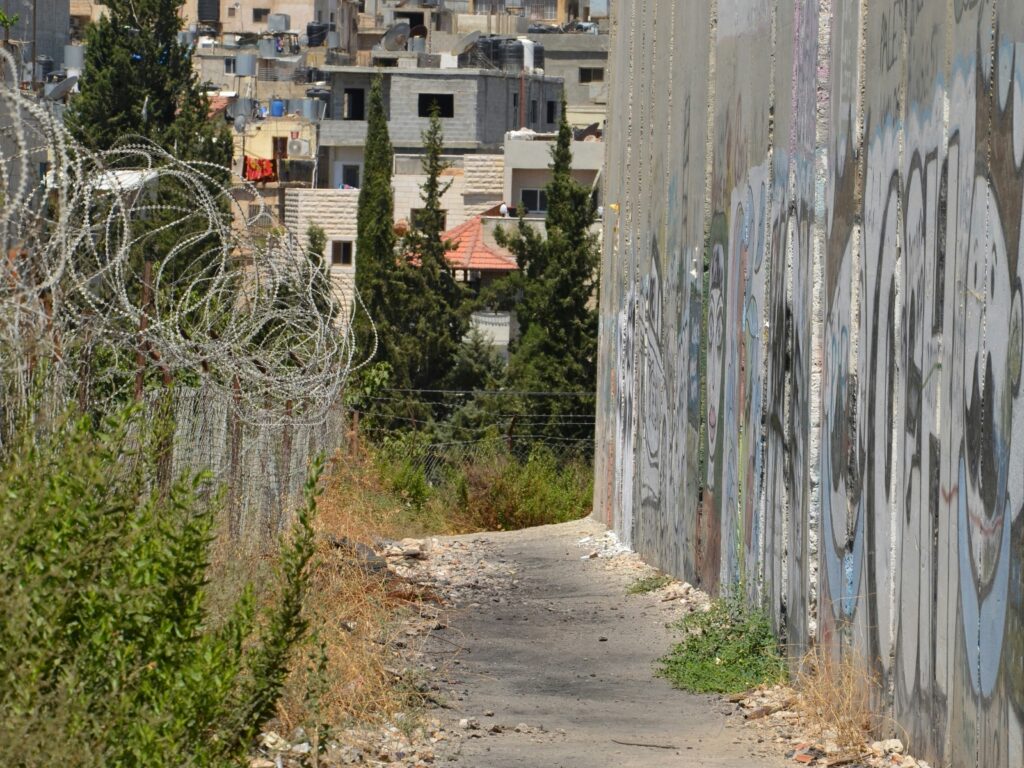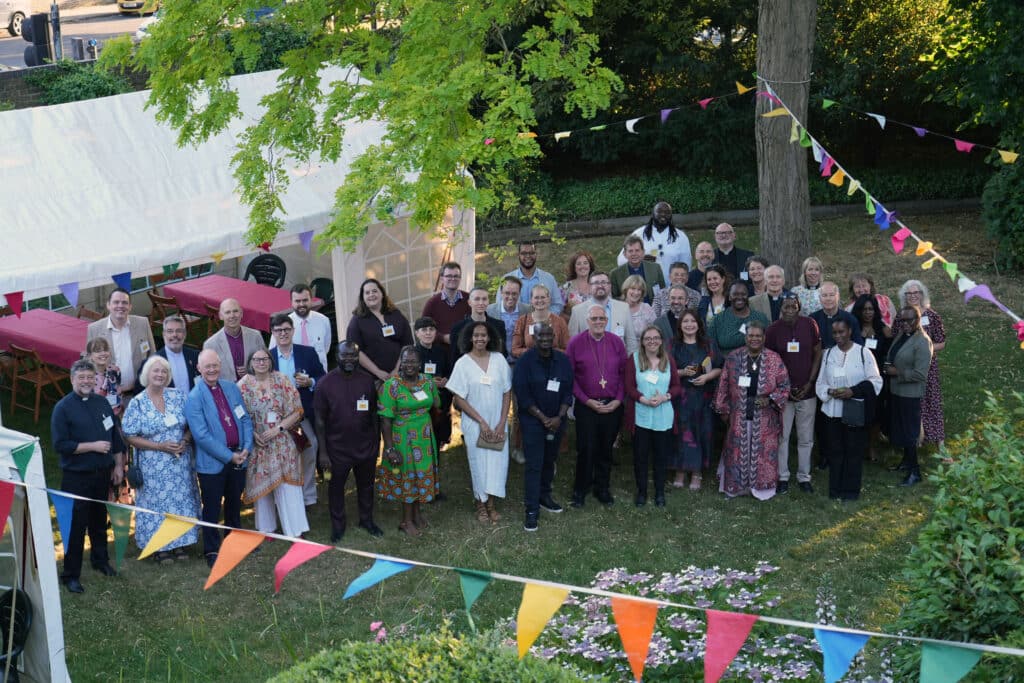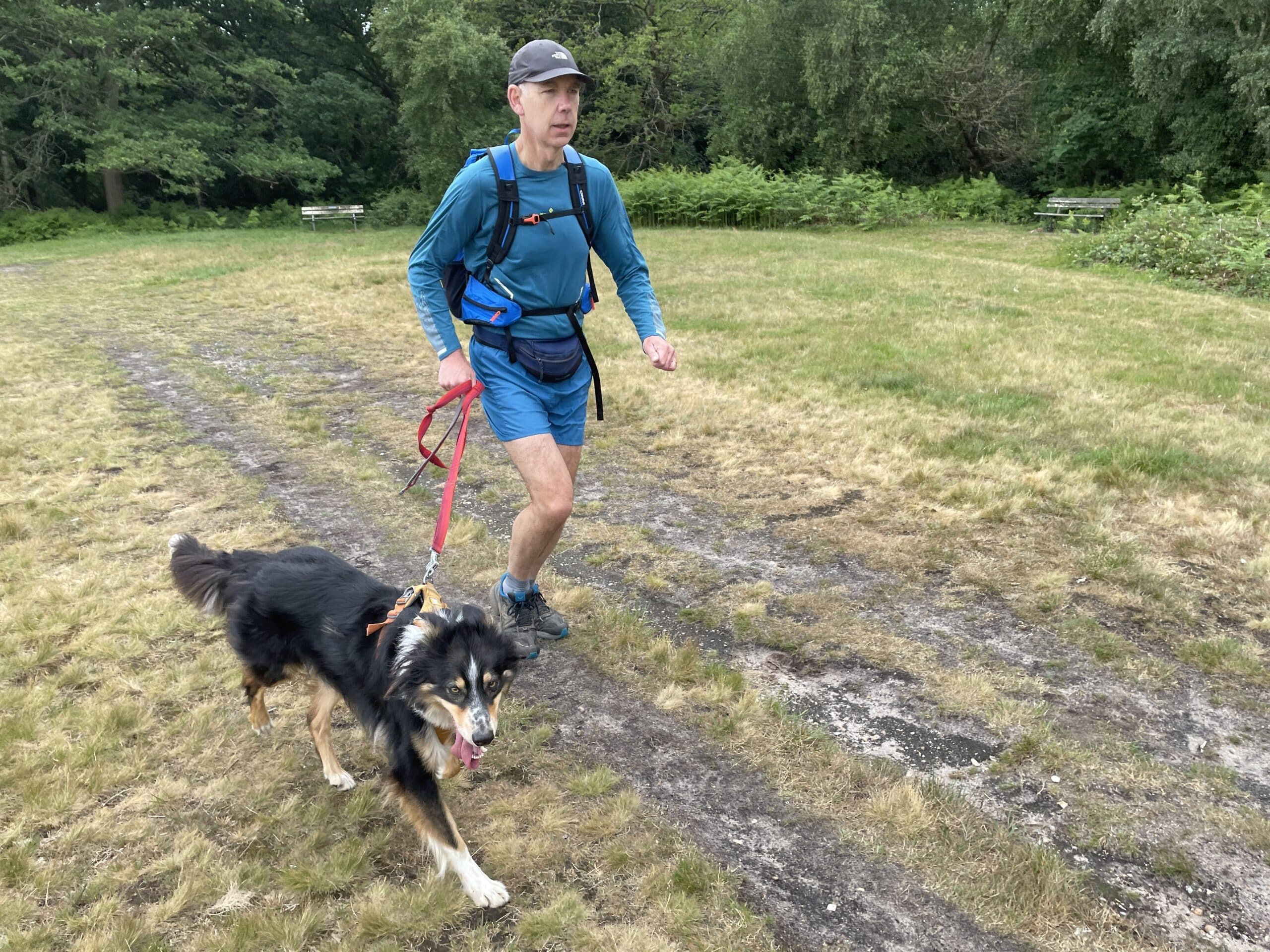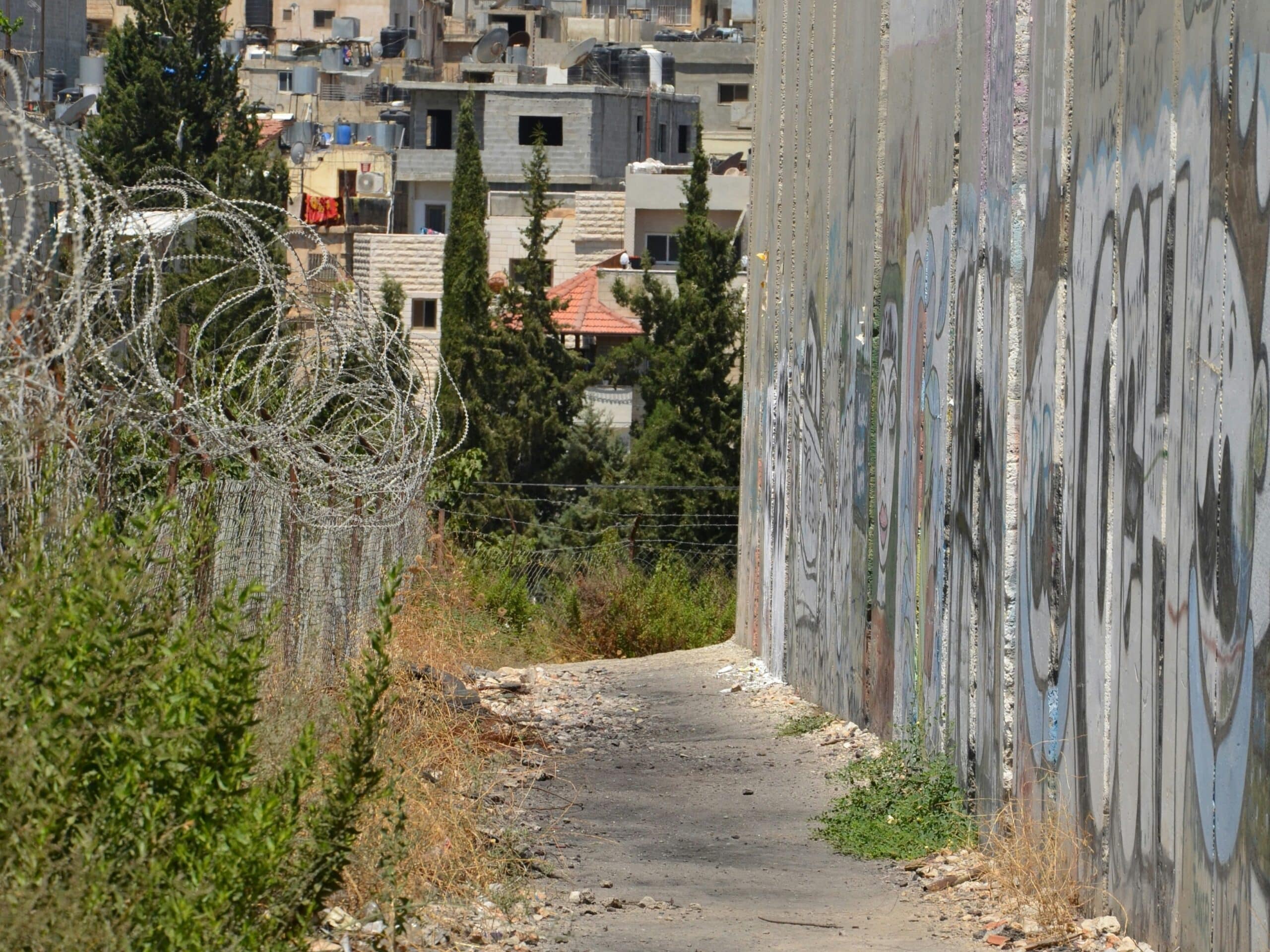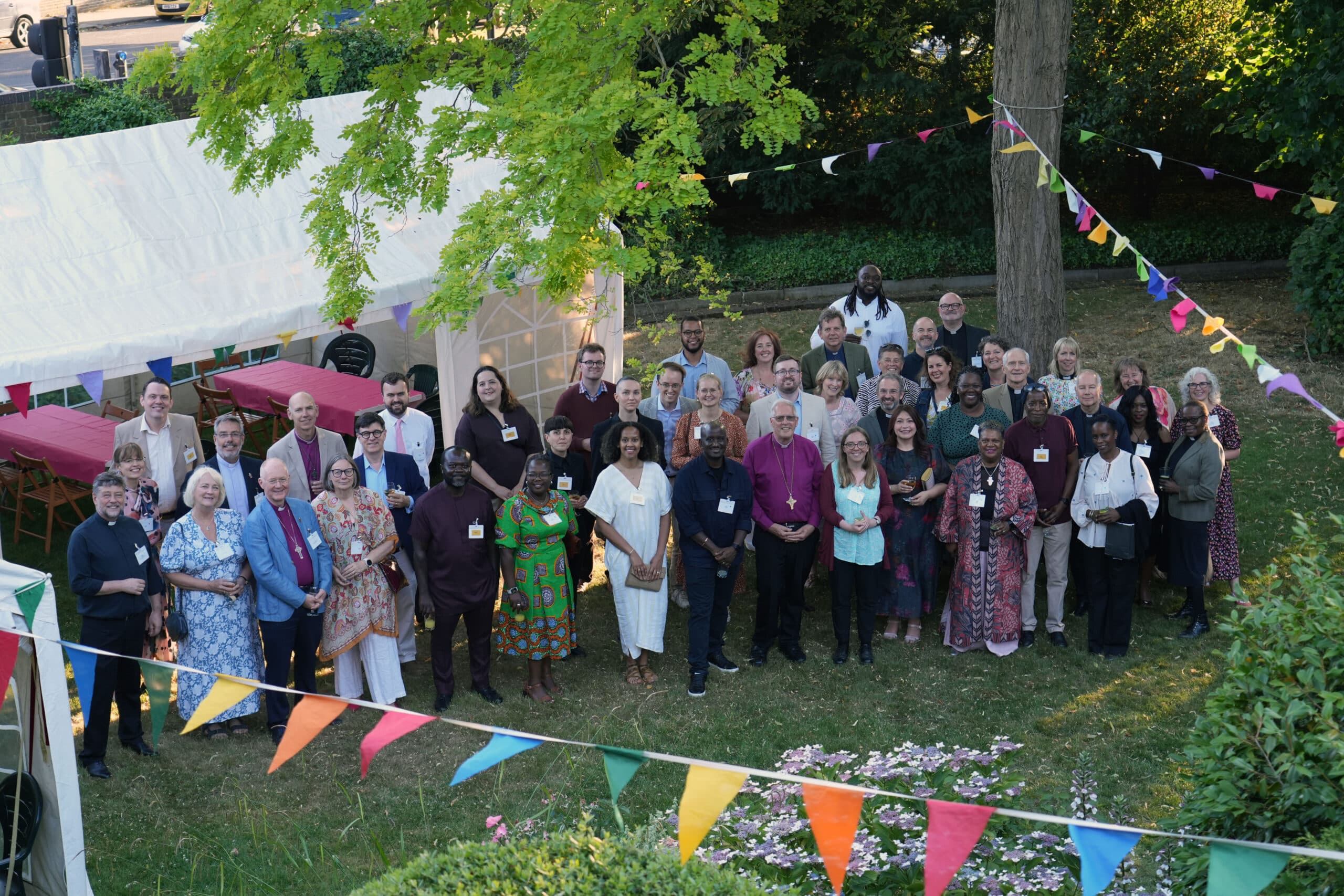As we emerge slowly from the grip of the Coronavirus pandemic with all its impact in terms of grief and loss, exhausted health and care workers, collapsed businesses, missed education, concerns for the future of our churches, and real weariness, perhaps the biggest challenge of all is yet to come.
I do not mean by this the possibility of yet another wave of infection, but rather the need to re-frame much of how we live. There has been considerable talk, thought and action under the heading of “building back better” or “re-imagining” our lives, or the “new normal”.
The pandemic has undoubtedly exposed many of the deep fractures and fault lines of our lives and world and not least in the areas of economic, racial and environmental justice and equality. There is deep thinking going on about what it means for all of us to live well, what the “good life” actually consists of. This offers a tremendous opportunity which we need to embrace wholeheartedly. The whole of the month of March falls during Lent, which offers us a potentially fruitful time to do just this.
Lent is a season in our Christian year in which we are particularly called to examine our lives, seek forgiveness of God and others for our sins, and amend our lives more in line with the two great commandments to love God and to love our neighbours as ourselves.
Sometimes our Lenten practices can be reduced to a rather negative giving up of minor luxuries, but it is properly something which lies at the heart of Christian life. This is summed up by the word repentance, which not only means saying sorry but also involves a real reorientation of our lives in accordance with God’s way of love. It is something we need to do not just in Lent, but each day of our lives.
One important element of Lent is to remember the time spent by Jesus in the wilderness, which itself recalled the wilderness time of the people of Israel before they entered the Promised Land. Although it was a time of much deprivation and isolation, it was also a time to remember the primacy of worshipping God, and not the many idols we create; of trusting above all else in God’s saving love working in our lives rather than simply our own human efforts; and of the importance of our spiritual life as well as our material well-being. It was undoubtedly a hard time, but also one of real growth. In short, we can learn and develop much in our “wilderness times”.
This year the enormous impact of the pandemic, which in some ways might be seen as a “wilderness time”, reinforces and emphasises the importance of this process of repentance and reorientation. We need to resist the very real and understandable temptation simply to revert to exactly how things used to be pre-pandemic.
There will, of course, be much we do want to regain and especially our social contact, but there are also many aspects of 21st-century life that need to change radically if we are to see a world of greater equality, justice, opportunity and flourishing, not just of human life, but of all God’s creation.
Lent offers us a real opportunity to re-set our lives, and especially our relationship with God, ourselves, each other and our world. As we move through this season and into Holy Week and Easter, let us pray that our lives, and that of our Church and World, will be ever more deeply shaped by the saving love of God made known in Christ’s life, death and resurrection.









